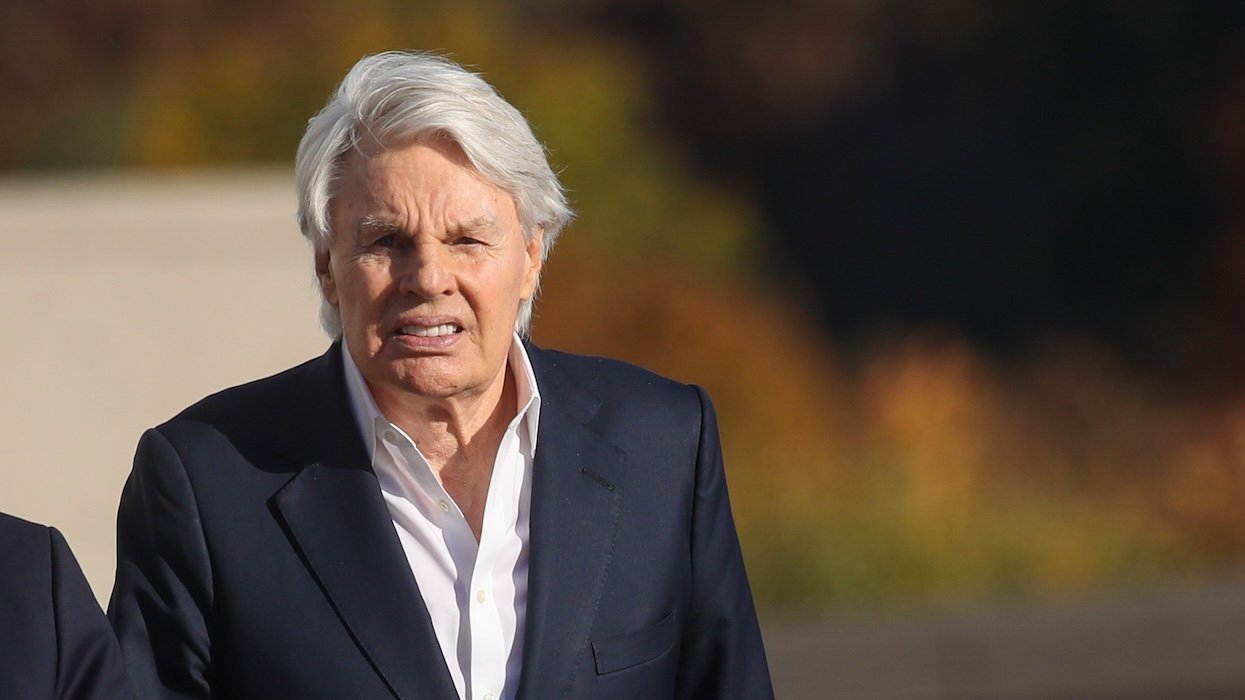John Roberts is
taking his place as the next leader of the Supreme Court,
with a commanding majority of the Senate backing him to lead
the court through cases involving controversial social
issues that will affect generations to come. Roberts
was confirmed 78-22 Thursday to replace
the late William H. Rehnquist.
"With the confirmation of John Roberts, the
Supreme Court will embark upon a new era in its
history, the Roberts era," said Republican Bill Frist,
majority leader of the Senate, whose 55 GOP members all
voted for the conservative judge. "And for many years
to come, long after many of us have left public
service, the Roberts court will be deliberating on
some of the most difficult and fundamental questions of
U.S. law."
About half of the Senate's Democrats opposed
Roberts, saying he could turn out to be as
conservative as justices Antonin Scalia and Clarence
Thomas, the Supreme Court anchors on the right. "I hope I am
proved wrong about John Roberts," said Sen. Edward
Kennedy, the Senate's longtime liberal stalwart. "I
have been proved wrong before on my confirmation
votes. I regret my vote to confirm Justice Scalia, even
though he too, like Judge Roberts, was a nice person and a
smart Harvard lawyer."
Lambda Legal
executive director Kevin Cathcart added, "We firmly
believe that a clear commitment to fairness and equality for
all Americans is one important qualification for a
lifetime appointment to the Supreme Court, and we are
disappointed that John Roberts was confirmed as chief
justice without being required to demonstrate that he
has that commitment. Judge Roberts was given every
opportunity to do so at his confirmation hearings.
Nonetheless, looking to the future, we sincerely hope
that lesbians, gay men, bisexuals, transgender people, and
people with HIV will have a fair hearing before the court
that he now leads."
Roberts could lead the Supreme Court for
decades. Not since John Marshall, confirmed in 1801 at
age 45, has there been a younger chief justice.
Roberts also will hold a record of
sorts--he was nominated to succeed two different
Supreme Court justices within seven weeks. Bush originally
named him to succeed retiring justice Sandra Day O'Connor in
July. Rehnquist's death led to the second nomination
on September 6, and Roberts now will be confirmed as
chief justice while O'Connor remains on the court
until the president selects a new replacement.
"With a chief justice who's been given a stamp
of approval by the extreme right wing, it's critical
that the next justice preserve a fair and balanced
court," said Human Rights Campaign president Joe
Solmonese. "Justice O'Connor was a voice of moderation and
cast several votes to protect the GLBT community in
recent years. Justice O'Connor's replacement should
continue the model of fairness she and others have
set. We join Republicans and Democrats alike in continuing
to call on President Bush to nominate a justice who
will keep the court balanced."
Roberts grew up in Long Beach, Ind., working
summers in the same steel mill where his father was an
electrical engineer. After graduating with honors from
Harvard University--both as an undergraduate and in
law school--he clerked for Rehnquist on the
Supreme Court and became a prominent lawyer and judge
in Washington. (AP, Advocate.com)


















































































